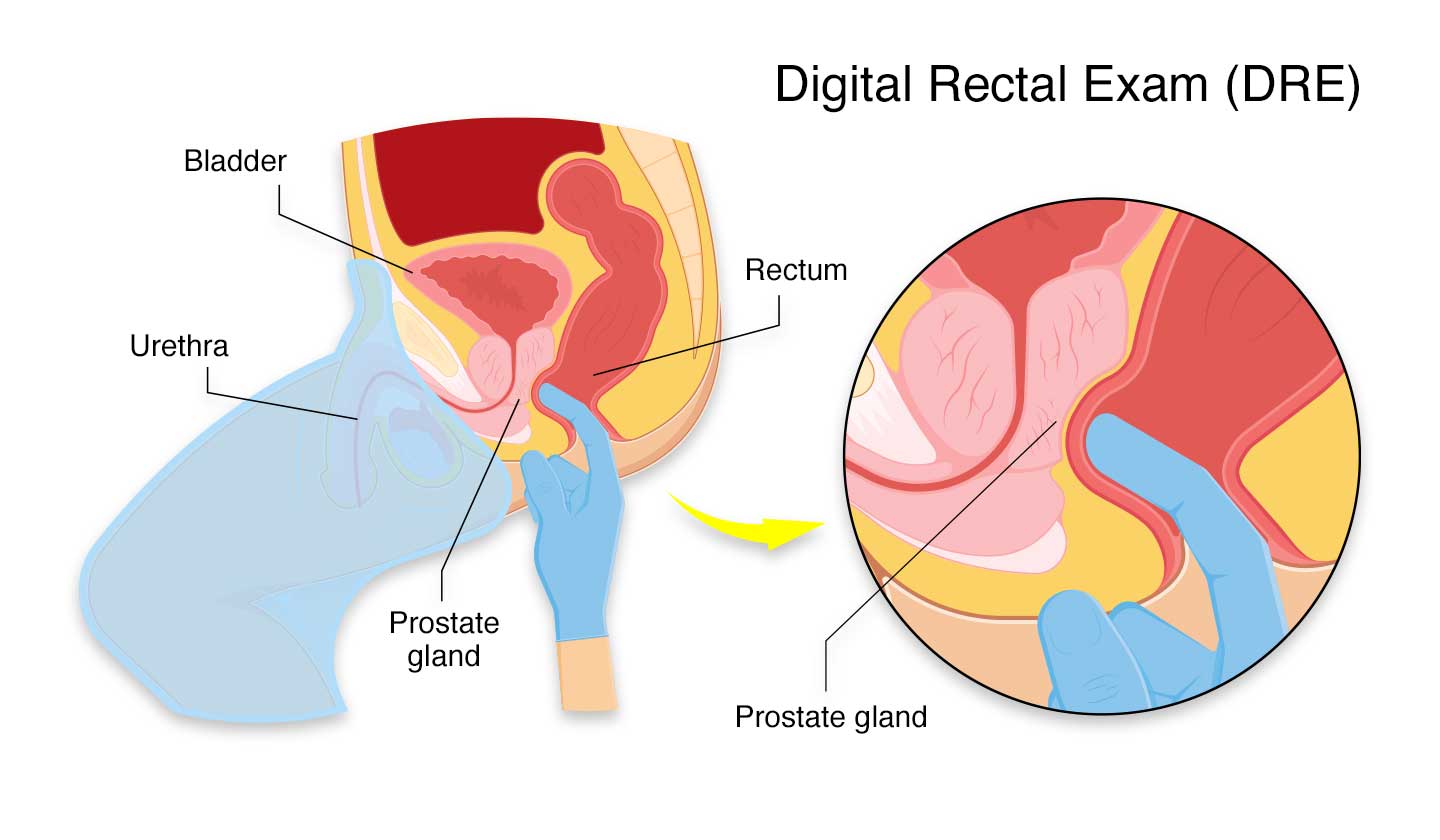Urinary tract
Prostate diseases - An obstruction problem

If until recently it went almost unnoticed, due to the lower longevity reached by men, the prostate became a better-known word, particularly because the existence of diseases associated with this gland of the male reproductive system is quite frequent. In fact, 6% of Portuguese men over the age of 50, around 130 000 men, suffer or have suffered from prostate cancer. This type of cancer is the 2nd most common cancer in Portugal.
What is the function of the prostate in our body?
It has the function of segregating the so-called prostatic fluid, which is rich in nutritious substances and is simultaneously protective of sperm (the elements that are responsible for fertilizing female eggs), although it has no function related to male sexual potency. Likewise, it does not integrate the urinary system, although it causes discomfort when there is any disease of this area. This is due to the fact that the prostate is located just below the bladder and envelops the initial part of the urethra, (the channel that leads the urine to the tip of the penis), thus influencing the sensation of pain during urination.

What happens to the prostate as we age?
The prostate grows in size, essentially during puberty, when it doubles its size. It begins to grow again after the age of 30, when the first problems may arise, namely benign hyperplasia, which results in an enlargement of this gland. From the age of 50, the situation becomes more frequent.

What are the symptoms of benign prostatic hyperplasia?
The enlargement of the prostate volume may hinder the passage of urine causing the characteristic symptoms of BPH, namely:
- Difficulty starting urination;
- Feeling of incomplete emptying of the bladder;
- Weak urinary stream;
- Increase in the frequency of daily urine output, particularly at night;
If urine remains in the bladder, recurrent urinary infections or even calculi formation may occur. In a borderline situation, Benign Prostate Hyperplasia can cause complete obstruction to the passage of urine through the urethra, that is, cause urinary retention.

So, what to do to prevent the development of cancer?
Early detection is really the most effective means of preventing its onset. So, particularly if you are over 50, you can start by going to your doctor, who should ask you to run a test called PSA. The test result may alert you to the need to consult a urologist who can institute curative therapy thus avoiding a more serious illness. Other tests can also be carried out by this specialist, namely rectal examination and transrectal prostate ultrasound.
How is benign prostatic hyperplasia treated?
Benign Prostate Hyperplasia (BPH) treatment aims to relieve the obstruction caused by the enlarged prostate gland or the resulting symptoms, through the use of medications or through surgery, which can be performed via urethral or abdominal route.
Therefore, the appropriate therapeutic option depends on several factors, namely:
- Existing symptoms;
- The present volume of the prostate;
- The presence of complications associated with BPH, such as recurrent urinary tract infections, bladder stones, or urinary retention catheterisation.
You should therefore consult with your doctor regarding the option that best suits your needs and your clinical situation.

António Hipólito de Aguiar
(Pharmacist; University Professor)
Também lhe poderá interessar
Endocrine system
Diabetes - When your body doesn't know what to do with sugar
Urinary tract






